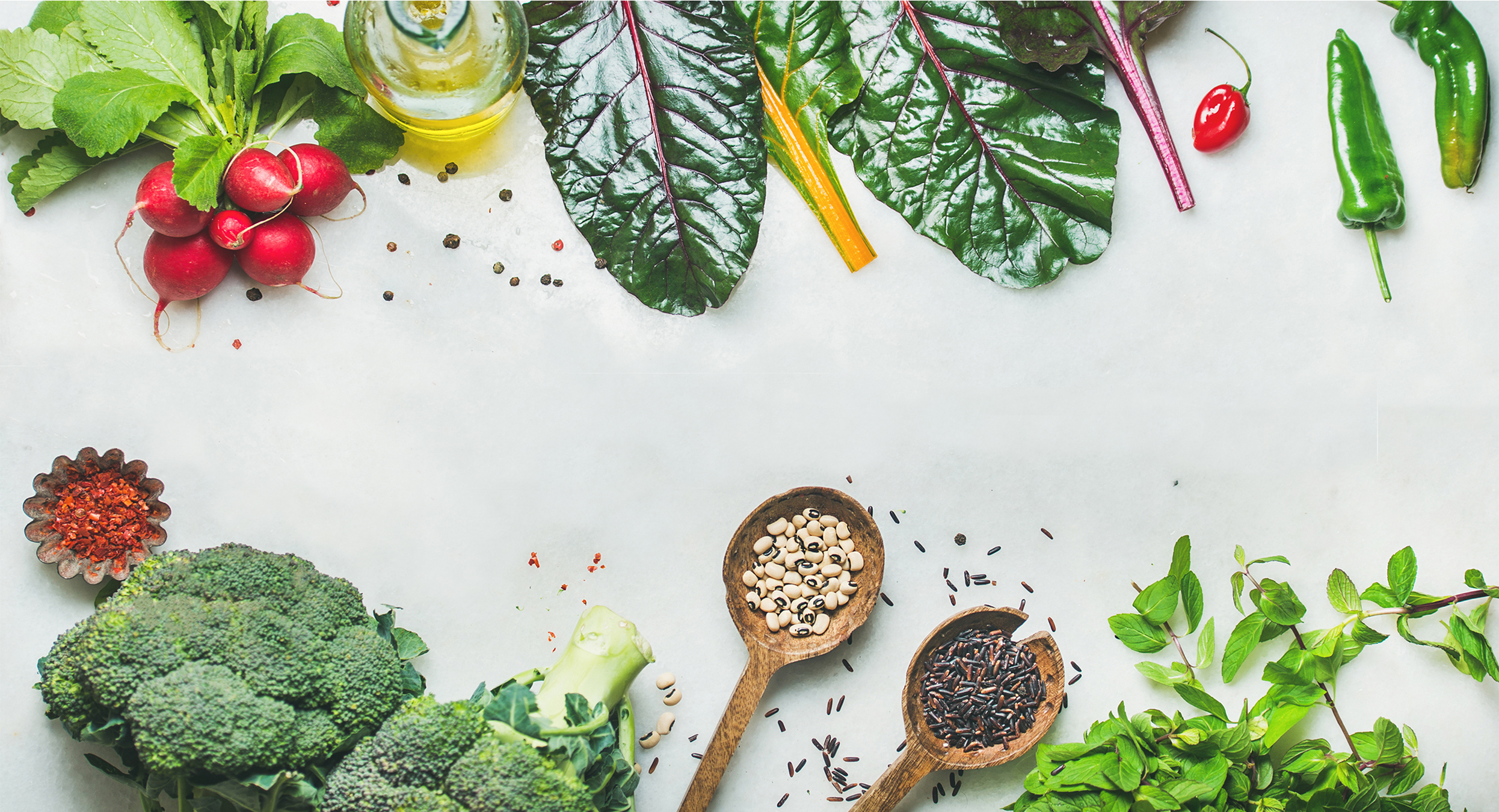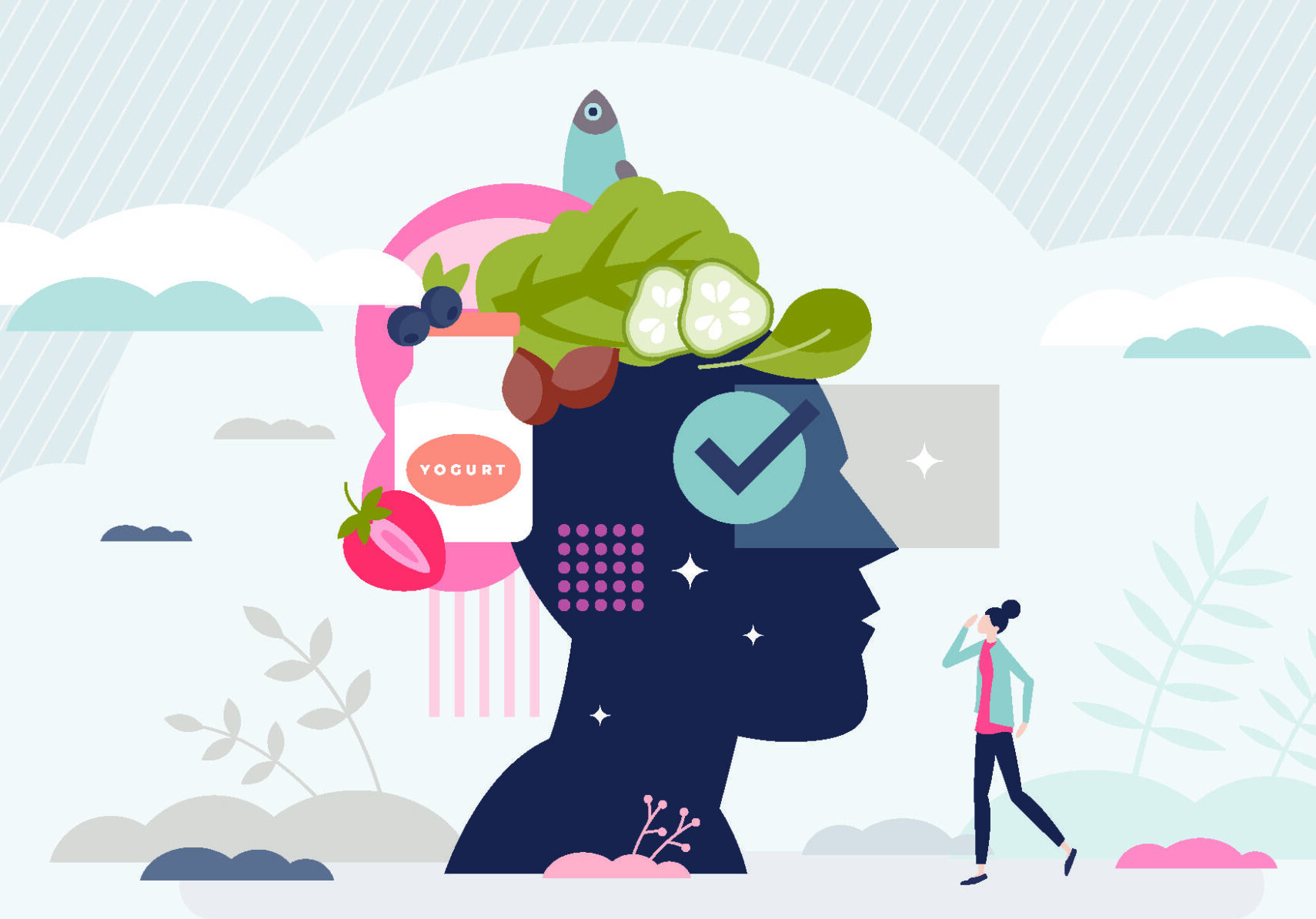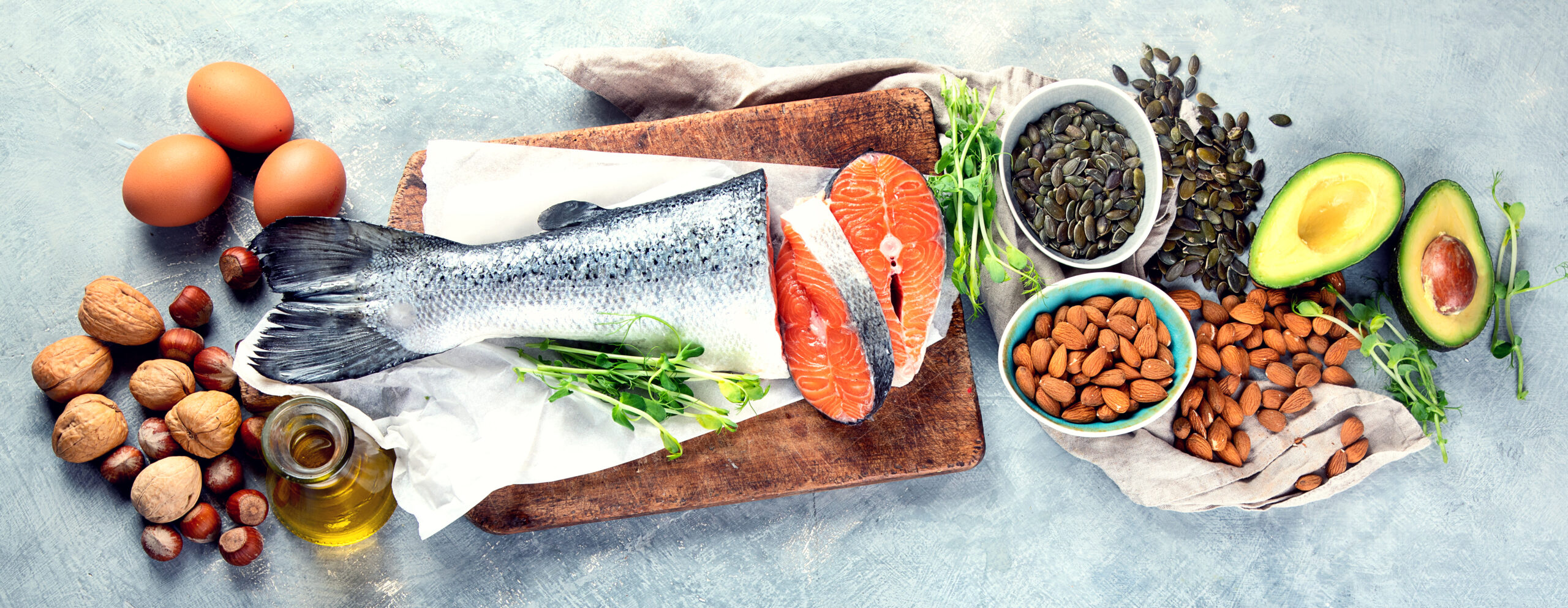by Helen Harris
Recall that niche section at the market: meatless sausage, extra-firm tofu, veggie burgers, tempeh and countless other options. What shoppers are purchasing these items, and why? For many, the option to reduce—or cut meat out altogether—is a health decision. For others, it’s a moral one. And, most certainly, the decision can be because of both of these factors. But, regardless of the motivation for deciding to go vegetarian, the body must maintain the key nutrients of iron, protein, vitamin D, zinc and omega-3 fatty acids.
There are several types of vegetarian lifestyles to choose from, according to moral and health concerns. And whichever vegetarian lifestyle someone chooses will most certainly affect how he or she will obtain critical nutrients.
As explained by familydoctor.org in “Vegetarian Diet: How to Get The Nutrients You Need,” lacto-ovo-vegetarians do not eat meat, poultry or fish. However, they do eat eggs and dairy. Lacto-vegetarians do not eat meat, poultry, fish or eggs. However, they do eat dairy products. Ovo-vegetarians do not eat meat, poultry, fish or dairy. They do eat eggs. A less-traditional type of vegetarian is the flexitarian (semi-vegetarian). They eat meat, poultry, fish and animal products in small amounts. This option is often seen in those wishing to reduce saturated fat and cholesterol in their diets. Pesco-vegetarians do not eat meat or poultry, but they do eat fish. Lastly, the vegan option bypasses all meats, eggs, dairy, animal products and by-products (i.e., gelatin and honey).
If these lists seem daunting at first, it is important to consider that vegetarian diets often support healthy eating habits and are associated with healthy weights; low blood pressures, low cholesterol levels, low intake of saturated fats and decreased risk of type 2 diabetes heart disease and certain cancers.
So, the benefits of a vegetarian lifestyle outweigh the notion of grabbing the burger at the fast-food drive-through. But how does someone make sure to get the proper nutrients that typically come from a big steak or just a regular sandwich or salad (with dairy and meat)?
Here are some common foods to meet the needs of critical nutrients when eating a strictly vegetarian diet:
Iron: Common sources include beans, broccoli, raisins, wheat, tofu, iron-fortified cereals. Familydoctor.org advises, “Iron found in non-meat sources is harder to digest. You should eat foods rich in vitamin C, such as oranges and broccoli. These can increase your ability to absorb iron.”
Protein: Find this nutrient in eggs, peanut butter, nuts, seeds, grains, legumes, tofu and soymilk. Familydoctor.org recommends eating foods together to optimize the nutrients’ effect, as explained in the statement: “Vegetarians have to consider getting enough ‘complete protein.’ Protein is made up of small parts called amino acids. These help your metabolism. A complete protein contains all the amino acids your body needs. You can get complete protein by eating certain foods together. Examples include rice and beans or corn and beans.”
Calcium: Find calcium in all dairy products; soybeans; almonds; dark, leafy greens (kale, spinach, collards, bok choy). Also, consider calcium supplements.
Vitamin D: General exposure to the sun should meet a person’s need for vitamin D, but if there is a deficiency, drink cow’s milk, look for fortified products or add in a supplement.
Vitamin B12: This nutrient can be found in eggs and dairy products. Look for products fortified with B12 (soymilk and some cereals). Also, consider adding in a supplement.
Zinc: Some sources for zinc include cheeses, nuts, beans and
soy products.
Omega-3 fatty acids: Sources for this include flaxseed meal and oil. Look for products that are fortified with omega-3 from a plant source, and consider taking an omega-3 supplement as well.








Leave A Comment